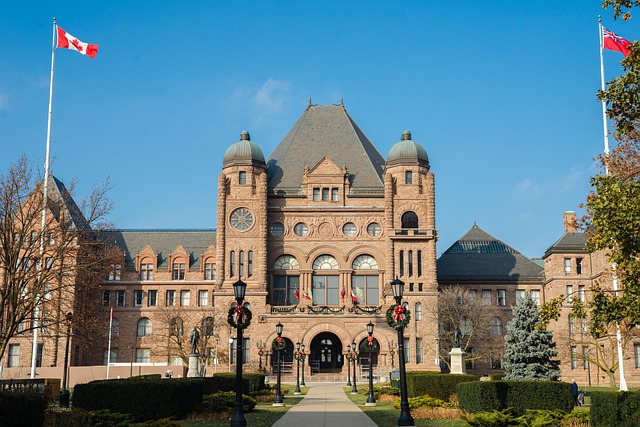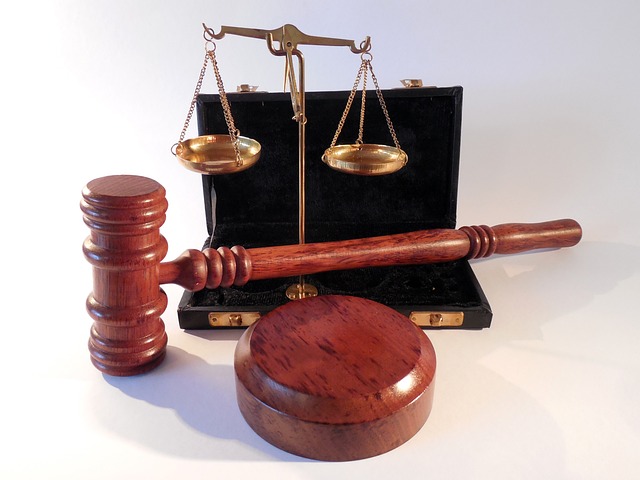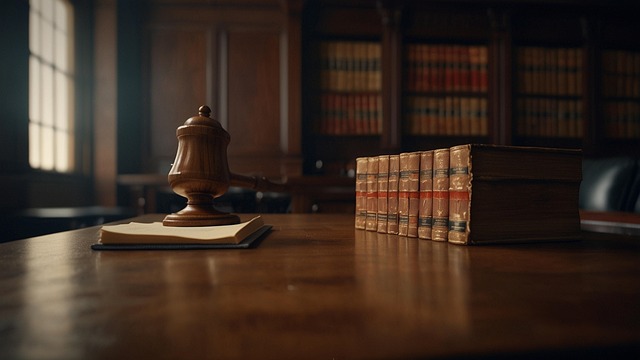Whistleblower Protection Laws empower individuals to expose financial regulation violations like fraud and money laundering, offering legal recourse against perpetrators. Specialized attorneys guide whistleblowers through complex lawsuits, ensuring their rights are protected. These cases, often resulting in substantial monetary awards and deterrence, drive corporate behavior changes, fostering transparency and accountability, and transforming economic practices nationwide.
Whistleblower Protection Lawsuits: Standing Up for Justice in the Face of Wrongdoing
In today’s complex financial landscape, whistleblowers play a vital role in defending against financial regulation violations. This article guides you through the intricacies of whistleblower protection laws, empowering individuals to recognize and report illegal activities. From understanding your legal rights to navigating the lawsuit process, we provide an overview tailored for those seeking justice. Explore successful case studies highlighting the profound impact of whistleblowing on corporate accountability.
- Understanding Whistleblower Protection Laws: A Overview of Legal Rights
- When to File a Lawsuit: Recognizing Financial Regulation Violations
- The Process: Navigating the Legal Path for Whistleblower Cases
- Case Studies: Successful Suits and Their Impact on Corporate Accountability
Understanding Whistleblower Protection Laws: A Overview of Legal Rights
Whistleblower Protection Laws are designed to safeguard individuals who expose illegal or unethical activities within their organizations. These laws provide a legal framework that offers various rights and protections for whistleblowers, ensuring they can come forward without fear of retaliation. Understanding these laws is crucial when defending against financial regulation violations, as they empower individuals to play an active role in upholding integrity within businesses and government entities.
By invoking whistleblower protection, employees or former employees can seek legal recourse if they face adverse actions such as termination, demotion, or harassment due to their disclosures. This includes situations where individuals report fraud, corruption, or other violations of financial regulations. Achieving extraordinary results for his clients is the goal of lawyers specializing in these cases, who work tirelessly to secure complete dismissal of all charges against those who act in good faith to expose wrongdoing, ensuring that justice prevails and ethical practices are upheld.
When to File a Lawsuit: Recognizing Financial Regulation Violations
When considering whether to file a whistleblower lawsuit, recognizing financial regulation violations is a crucial step. If an individual or entity believes they have evidence of illegal activities within their respective business, such as fraud, money laundering, or securities violations, it may be time to take action. Whistleblower protection laws are designed to empower individuals who come forward with knowledge of corporate misconduct, offering legal recourse for those who defend against financial regulation violations.
Filing a lawsuit can be a complex process, but it is often the only way to achieve extraordinary results and hold accountable those who engage in fraudulent or illegal practices. With the help of experienced legal counsel specializing in general criminal defense, whistleblowers can navigate the complexities of the law and ensure their rights are protected throughout the process.
The Process: Navigating the Legal Path for Whistleblower Cases
Navigating the legal path for whistleblower cases involves a meticulous process designed to protect individuals who expose financial regulation violations. It begins with a comprehensive investigation, where attorneys delve into the specifics of the alleged wrongdoing, gathering evidence and interviewing key stakeholders. This strategic approach ensures that any legal action taken is grounded in solid facts, strengthening the case against those responsible for misconduct.
The journey often leads through complex legal landscapes, requiring expertise in both general criminal defense and specialized financial regulations. Across the country, many attorneys have honed their skills in defending against these types of cases, providing crucial support to clients who choose to speak out. Their goal is not only to secure justice for the whistleblowers but also to deter future violations by holding perpetrators accountable.
Case Studies: Successful Suits and Their Impact on Corporate Accountability
Whistleblower protection lawsuits have proven to be a powerful tool for holding corporations accountable for financial regulation violations. Case studies highlight numerous successful suits that have sent strong signals across the country, demonstrating the consequences of white-collar and economic crimes. These cases not only result in substantial monetary awards but also play a pivotal role in avoiding indictment by exposing corporate misconduct and encouraging internal compliance measures.
By examining these successful lawsuits, we see how whistleblowers have contributed to significant changes in corporate behavior. The impact extends beyond financial penalties, fostering a culture of enhanced transparency and accountability. This has led to improved risk management practices and stricter adherence to legal norms, ensuring that companies take responsibility for their actions and contribute to a fairer economic landscape across the nation.
Whistleblower Protection Laws play a vital role in defending against financial regulation violations, empowering individuals to expose corporate misconduct while ensuring their safety. By understanding these laws, recognizing the need to act, and navigating the legal process effectively, whistleblowers can bring about significant changes in corporate accountability. The successful case studies highlighted in this article demonstrate the profound impact that whistleblower lawsuits can have on industries across the globe, fostering transparency and deterring future violations.






